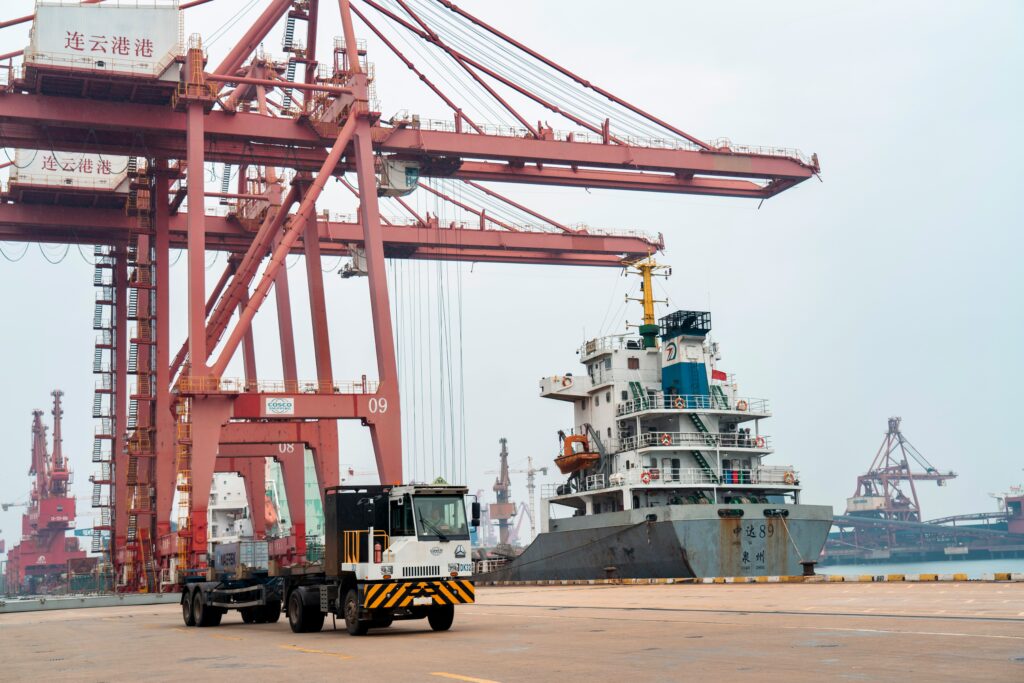In a significant move aimed at boosting trade relations, China has announced plans to eliminate all tariffs on exports from the 53 African countries with which it maintains diplomatic relations, including Nigeria. This initiative, set to take effect from December 1, 2024, marks China’s commitment to enhancing economic ties with the African continent.

Key Highlights of the Zero-Tariff Scheme
- Comprehensive Tariff Elimination: China will remove tariffs on 100% of products originating from the eligible African countries. For products subject to tariff quotas, goods within the quota will enjoy zero tariffs, while goods exceeding the quota will remain subject to existing tariff rates.
- Inclusive Policy: The scheme extends beyond Least Developed Countries (LDCs) to include middle-income nations, ensuring equitable access to the Chinese market for all African countries with diplomatic relations with China, excluding Eswatini, which recognizes Taiwan.
- Additional Support for LDCs: Recognizing the potential challenges faced by LDCs, China has pledged additional measures to support these nations, including training and marketing promotions, to prevent them from being disadvantaged by more developed peers.
Implications for Nigeria
As one of the largest economies in Africa, Nigeria stands to benefit significantly from this policy. The elimination of tariffs will provide Nigerian exporters with enhanced access to the vast Chinese market, potentially boosting sectors such as agriculture, manufacturing, and services. Analysts suggest that countries with stronger manufacturing sectors, including Nigeria, Kenya, South Africa, Egypt, and Morocco, are well-positioned to capitalize on this opportunity.
Broader Impact on Africa-China Trade Relations
This move is part of China’s broader strategy to strengthen its economic ties with Africa. In recent years, trade between China and Africa has been growing, with China enjoying a trade surplus. The removal of tariffs is expected to help correct this imbalance by encouraging increased African exports to China.
Furthermore, China has pledged 360 billion yuan ($50 billion) in credit lines and investments to African economies over three years, marking its return to significant funding deals for the continent after a pandemic-related hiatus.
Conclusion
China’s decision to implement a zero-tariff scheme for 53 African countries, including Nigeria, represents a significant step towards enhancing trade relations and fostering economic development across the continent. While the policy offers promising opportunities, its success will depend on the ability of African nations to leverage this access effectively and address existing structural challenges. Nonetheless, this initiative underscores China’s commitment to supporting Africa’s economic growth and integration into the global economy.
















